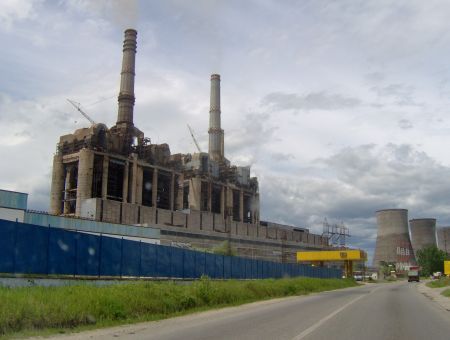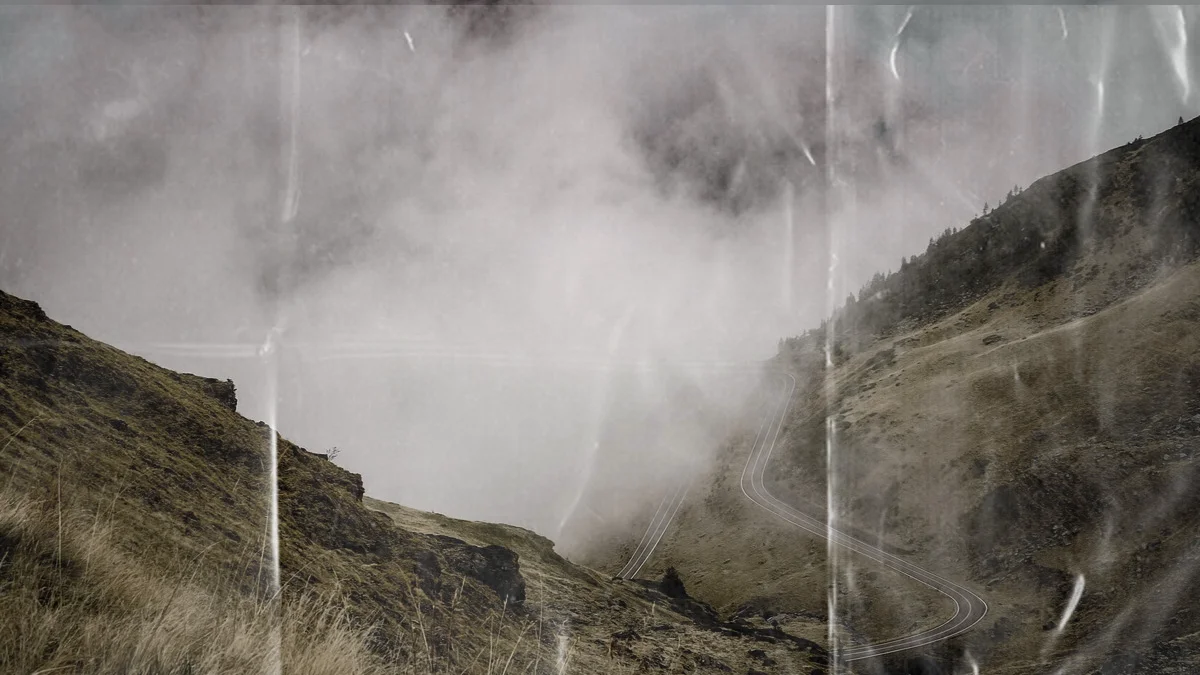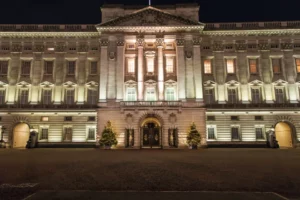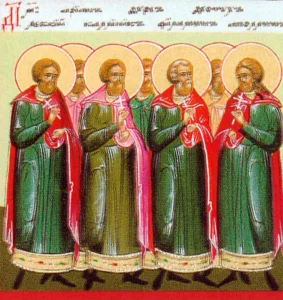
The European executive is no longer convinced that the energetic mammoths are noxious for the free market.
The national energetic company which is desired by the Bucharest government is seen differently in Bruxelles, after the energy commissar harshly criticized this initiative.
"This company will not create problems and we can't talk about an energetic monster, because it doesn't include Transelectrica (the transport operator)", said a few days ago Ferran Tarradellas, spokesperson of the Commissar for energy, Andris Piebalgs.
Tarradellas admitted that the institution that he represents is a "house of compromises". EC officials said that "a third variant" of project initiated by the European Commission for the separation of production activities from suppling could allow the Romanian mammoth company to include Transelectrica, besides Electrica, Hidroelectrica and the energetic plants from Rovinari and Turceni. Victory for mega companies
Almost all energetic mega companies which have real "embassies" at Bruxelles are close to a profitable victory. Energetic monopolies from the EU member countries will not be too affected by the last variant of the project initiated by the European Commission.
Giants like Gaz de France and E.ON could represent European consumers at the negotiation with Europe's natural gas supplier - the Russian company Gazprom. This was the main reason of Jean-Francois Cirelli, president of Gaz de France, on his last visit in Romania: Europe must have strong companies that will convince Gazprom to reduce the price of natural gas for Europeans. The Commission has the same objective in its plan of separation: a lower electricity price on a high competition market.
The most powerful opponents of the separation project are France and Germany, and the largest energetic companies from these countries share the natural gas market from Romania (through Distrigaz Sud and E.ON Gaz) or are present on the electricity market (E.ON Electrica Moldova).
Negotiations with expected outcome
The splitting of the major energetic companies is seen by the European Commission as the major factor that will raise competition and will gather investments on the energy market. Until now there were two ways of separation: the radical one - "the breakage" of the integrated companies-, and that in which the management of transport networks will be granted to an operator which is independent at the national level.
More, 8 member states (France, Germany, Austria, Greece, Bulgaria, Luxembourg, Latvia and Slovakia) are sustaining a third variant: the companies can influence the management of the independent transport operator, and its level of independence eill be lower.
On June 6, in Luxembourg, the Commission must mediate the sides and reach a final legislative proposal.
"Most probable, Germany and France will win: first of all for the natural gas and secondly for electricity. The other side will obtain only the the right to elaborate, in five years time, a report in the European Parliament that will show how the variant functioned. If it hadn't functioned in favor of the competition market, in seven years, a new proposal will be made", said EC officials on matters of energy.
The European executive made last year the proposal of activities separation from the energetic domain, exception E.ON - which said that it will sell its distribution network, all other companies opposed the separation.
50% of Romania's intern energy production could be supplied by the National Energetic Company








